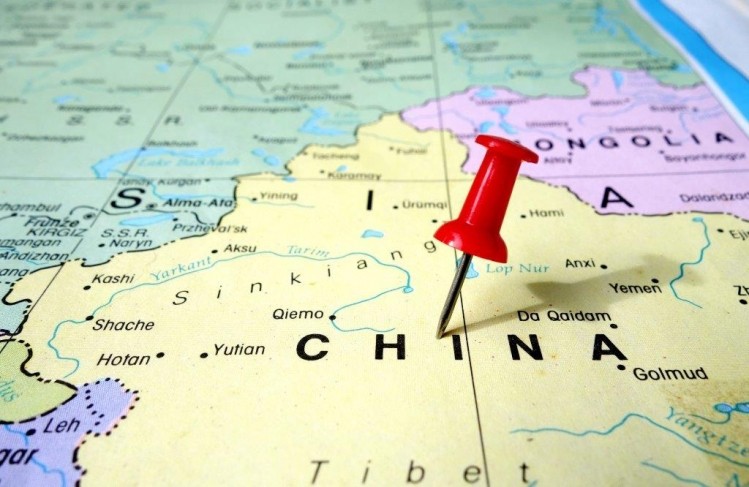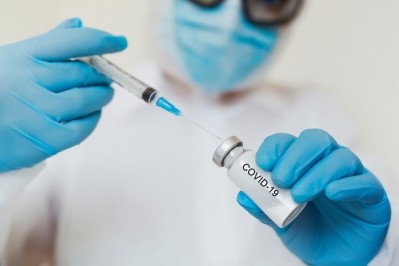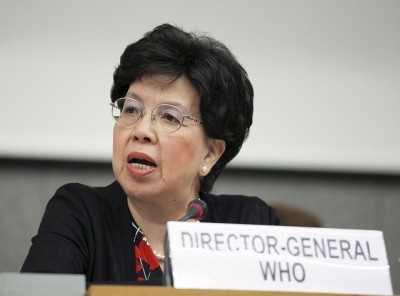Complexity of new logistics policy may stunt China vaccine industry, Sinovac

The China Food and Drug Administration (CFDA) introduced stricter distribution rules for vaccines earlier this year after a crackdown on the distribution of improperly stored vaccines (see below).
The new rules (here, in Mandarin) – which include reporting requirements at each stage of the distribution chain - prompted many vaccine firms to temporarily halt activities while they worked to bring their operations into compliance.
One firm to take such action was Beijing-based Sinovac Biotech in June, which saw revenues fall 92% to $1.4m during the period. Sales have now recovered according to Sinovac, which released its third quarter results this week.
Sales totalled $28.8m for the period, up from $16.8m in Q3 2015, though this included $16.5m worth of sales of a newly introduced Enterovirus 71 vaccine.
Spokesperson Helen Yang said the “Vaccine industry in China was significantly impacted by the new policy issued by the central government” adding that “due to the lack of infrastructure, the new policy was not able to be fully implemented by the vaccine industry.”
She added the CFDA and China’s Ministry of Health (MoH) were allowing a transitional period until the end of the year for those involved in vaccine distribution to adapt to the new regulations.
“Beginning January 1, 2017, the new policy has to be fully implemented in accordance with the new government policy. As of now, some provinces have started to purchase vaccines following the new systems, but many more provinces are still in the process of setting up the platform,” Yang said.
“Generally speaking, the Chinese vaccine industry is transitioning from the old way of conducting business to the new one. Given the complexity of the logistics requirements as well as other factors changed by policy, we believe it will take longer time to fully digest the impact the new policy may have on the vaccine business in China.”
Sales of the firm’s Bilive hepatitis A and B vaccine were still minimal due to increased sales returns as the delayed supply reduced the shelf life of the vaccine, while sales of the influenza Anflu vaccine dropped 18% y-o-y due to the reduced production levels experienced in the quarter.
Vaccine distribution scandal
The regulatory change came after an investigation found 310m yuan ($48m) of improperly stored vaccines have been distributed to patients in more than 20 provinces since 2011.
In March, a number of Chinese wholesalers were arrested according to Chinese media, and almost 30 pharmaceutical companies were implicated in the scandal.








